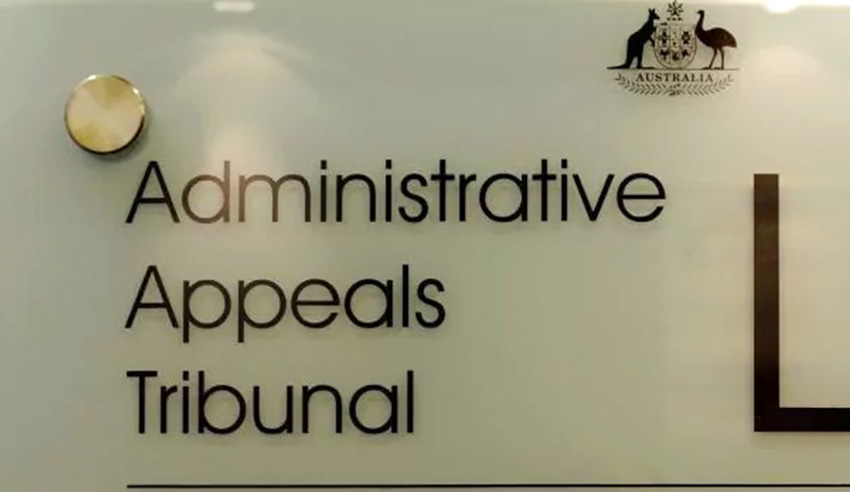The Law Council of Australia is calling for an independent and adequately funded Administrative Appeals Tribunal (AAT).

For the AAT to fulfil its objective to provide merits review of government decisions, it must be functioning independently and effectively, argued the LCA.
The independence of the AAT was drawn into question in May by the independent public policy think tank the Australia Institute. It published a report showing a sharp rise in political appointments to the AAT since 2013. This was found to be especially evident under liberal governments.
These findings have raised concerns about the integrity of decision making in the AAT, as well as concerns about its capacity to function effectively. The Australian Institute said the findings of its report raised “concerns about the capacity of some members to undertake their statutory duties to the highest possible standard”.
This raises serious concerns given the AAT is in charge of reviewing “life-changing decisions” made by the federal government, said the Australia Institute executive director Ben Oquist.
The need for a more robust appointment process for AAT members is supported by the majority of the LCA committee.
“In the Law Council’s view, the AAT’s independence has the potential to be undermined if there is a lack of transparency in the appointments process,” the council said.
“It is critical that appointments to the AAT are conducted through a merit-based process that includes public advertisement, clear and relevant selection criteria, and an independent selection process.
“Merit-based appointments will assist in reducing delays and backlogs. It will also help improve the quality of decisions whilst bolstering the independence of the AAT and fostering public confidence in its impartiality.”
The AAT’s ability to address delays should be addressed by implementing certain measures, including the appointment of additional qualified and suitable decision-makers across the divisions with the greatest backlogs, said the LCA.
This should improve the “efficiency and effectiveness of the AAT in achieving its statutory aims”, said the LCA.
“Such appointments must involve consultation with key stakeholders, including the Australian legal profession to insure independence.”
A substantive interim report published by the Senate legal and constitutional affairs references committee has made a series of recommendations to the government, including a call for the AAT to be reconstituted, with a new federal administrative review system put in place.
The LCA pointed to several areas in the administrative law system in need of being addressed, as outlined in the interim report.
“The accumulation of cases in the migration review division is of significant concern,” said the LCA, “the review of migration decisions must be improved”.
The AAT itself acknowledges that without significant change, including an increase in appointed members and staffing, delays in finalising cases will continue.